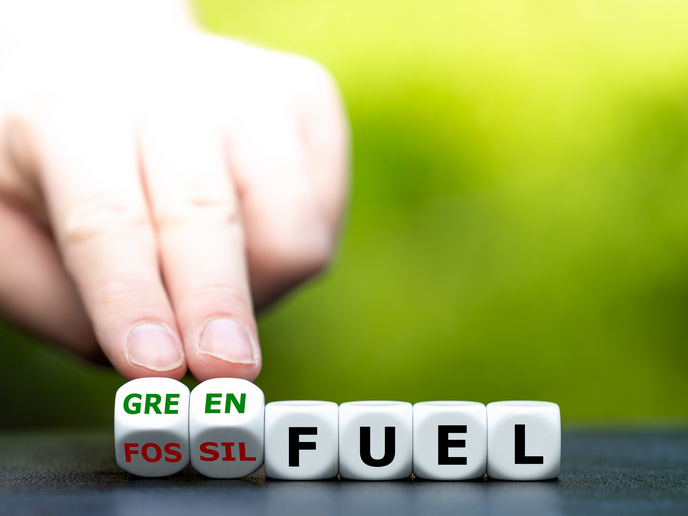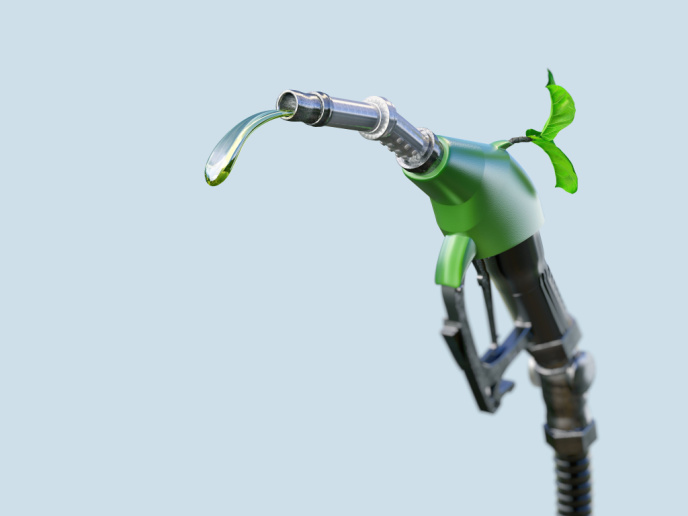A more sustainable transport sector by 2050?
The EU-funded project 'Sustainability impact assessment of strategies integrating transport, technology and energy scenarios' (Trias) was established to develop and test strategies for reducing greenhouse emissions in the three interrelated sectors. The project's sustainability assessment considered environmental, economic and social impacts, and studied the lifecycle of strategies investigated as well as their implications. Trias also investigated the symbiotic relationship between energy and transport, studying challenges in how technology could evolve in the field (e.g. adoption of hydrogen as transport fuel). It looked at new vehicle technologies, biofuels and feedback solutions among transport, energy, technology and economy. Building on previous EU initiatives as well, the project integrated past models and refined cutting-edge theories. Interestingly, all sustainability scenarios showed a positive impact on the economy, albeit a limited one in most cases. The best scenarios involved hydrogen for fuel, introduction of CO2 emission limits and reduction of fossil fuel imports. The project concluded that setting limits for CO2 emissions will stimulate the economy and help the environment, involving possibly balanced production of biofuels as well. It also noted the importance of hydrogen to encourage economic growth and support environmental causes, provided that the hydrogen comes from renewable sources. Trias has called for tough CO2 reduction targets by 2050, ambitious policies in this direction and consideration of state-of-the-art battery power as an additional source of eco-friendly energy. If European policymakers heed the project's findings, the transport sector could become greener, cleaner and leaner.







